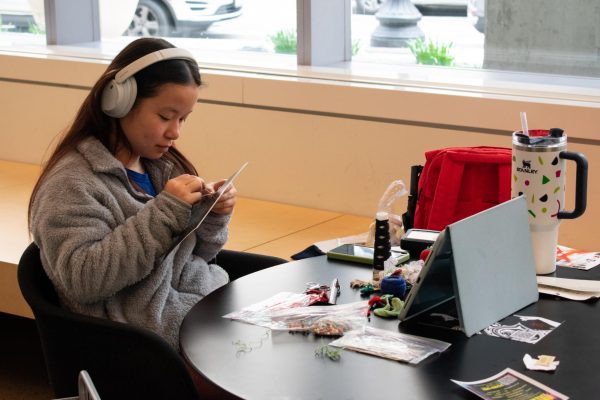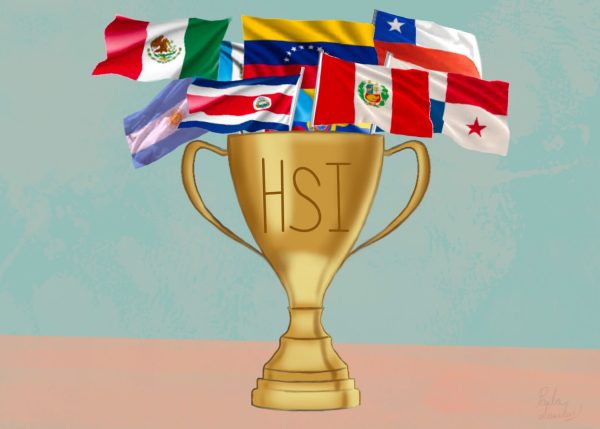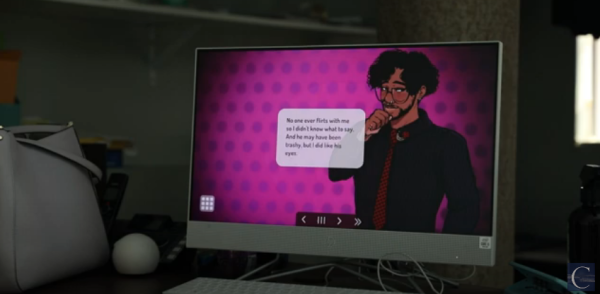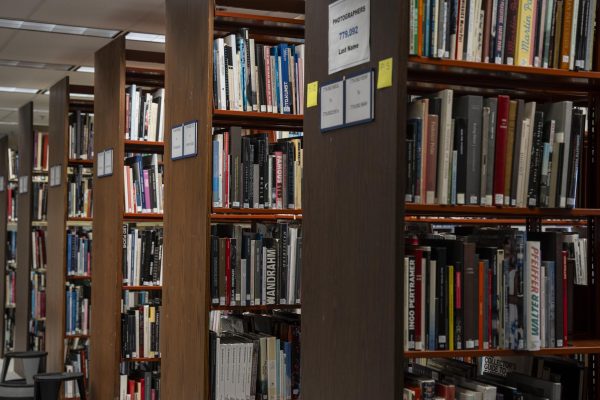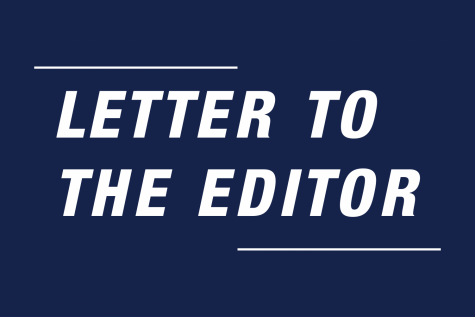The U-Pass: Is the hype justified?
December 7, 1998
An otherwise admirable fall semester at Columbia has been scarred by the issue of the U-Pass—the students who want it, the students who don’t want it, and the college administration, caught in the middle. Lost amid the turmoil is the role of the Chicago Transit Authority (CTA), the sponsor, the provider and, ultimately, the principal beneficiary of the U-Pass. According to Columbia administrators, the college would probably have offered the U-Pass to students already were it not for unrealistic financial and logistical demands made by the CTA.
The main sticking point for the college (and many of its students) is the $60 fee that would be assessed to all full-time students. For students who live in or near the city, having phenomenally inexpensive public transportation (50 cents a day instead of $3) on a nearly unlimited basis is a formidable financial advantage. For the students that live outside the city who rarely, if ever, use CTA service, it is an obvious financial burden.
Calvin Peete, U-Pass director at the CTA, said that U-Pass fees are based on enrollment information that colleges submit to the Illinois Board of Higher Education. The CTA charges 50 cents per full-time student per semester day according to that information. Generally, Peete said, the fee comes to about $60 per semester for each student.
The college balked at the CTA’s pricey proposal and has thus missed the application deadline for obtaining the U-Pass for the spring ’99 semester. Both Columbia and the CTA had been negotiating an extension while college administrators decide a reasonable alternative.
The alternatives are few. At nearby Roosevelt University, U-Passes are available for the students who want them; however, Roosevelt is charging those students $70 per pass to help defray the costs of the unsold passes.
Columbia has chosen not to go this route. “Other schools have caved in” to the CTA’s financial demands, said Columbia’s Dean of Students Jean Lightfoot Lee. Other Chicago schools that have U-Pass programs include DePaul, Loyola, Harold Washington College, Truman College, East-West University, Olive-Harvey College, Northwestern Business College and the Illinois Institute of Art. Some schools that have the U-Pass have stipulations regarding student eligibility. For example, The Illinois Institute of Technology offers the pass to Institute of Design students only, and Robert Morris College offers it only to Chicago residents.
The University of Illinois at Chicago (UIC), however, did not choose to accept the CTA’s U-Pass offer for the Spring ‘99 semester despite a recent referendum in which students voted 2-to-1 in favor of it. The consummate commuter school, UIC would have had to pay the CTA $60 for the cost of the U-Pass for each of their 25,000 full-time students. Using elementary math skills, that total comes to $1.5 million!
Michael Ginsburg, associate vice chancellor for student affairs at UIC, said that school figures indicate that only about 7,000 students there ride the CTA on a regular basis. In a school where average full-time student fees (excluding tuition, books, room, and board) reach in the neighborhood of $500 per semester, additional fees for a potentially unusable program could prove to be an unpopular investment.
Student names, photos, and schools are included on all U-Passes this semester, Peete said, in order to prevent misuse of the pass. Though the CTA offers to send photographers to the schools to take these pictures, it is the school’s responsibility to facilitate when and how these pictures are taken.
UIC took issue with the problems associated with printing each student’s picture on his/her U-Pass. The CTA originally suggested that UIC hand over its student photo ID database for use of the pictures. However, Ginsburg noted, this would require an individual approval from each student, as outright use of these photos without permission would constitute a violation of the Federal Educational Right to Privacy Act.
Another option offered by the CTA was to have their photographers take pictures of the students independently, as mentioned earlier. This, however, would entail a considerable cost in time and money. Also, Ginsburg said, “The CTA may not realize that nowadays, most universities don’t force students to stand around and wait for almost anything,” noting that the school didn’t want to force their students to wait in undoubtedly time-consuming lines.
Finally, questions were raised about privacy and security. In the case of a misplaced pass, student names and photos on the U-Pass could be misused.
Ginsburg said that, for now, UIC will “wait and see” on the U-Pass issue. He anticipates that by next fall, the CTA may consider offering a new U-Pass proposal. And what if the CTA decided to charge only those students who wanted the U-Pass? “We would definitely go for something like that.”
School faculty and part-time students, who are included in a limited fashion in many of the 100+ U-Pass programs in other cities across North America, are not eligible for U-Passes in Chicago. The inclusion has been considered by the CTA, Peete said, but in his opinion, is “not going to happen. The definition of ‘part-time’ is just too broad,” he said.
As for fees assessed to students who wouldn’t use the CTA, Peete added that the ratio of students who do use it justifies having this fee. Also, he maintained, ridership would increase dramatically for those students who wouldn’t normally ride buses or trains. He called for the college to do a survey of the student population to determine the exact numbers. A minuscule survey from Student Life and Development (The survey was published in The Chronicle) the first month of this semester was too small a sample, he said, and it didn’t allow for enough students to digest all the facts regarding the proposed benefits of the U-Pass. This position has been held by Columbia administrators as well, who contend that a 277-student sample isn’t large enough.
The CTA is foolish to assert that ridership would necessarily increase among students who don’t already use public transit on a regular basis. Much of their revenue from the U-Pass would come from sold passes that go unused—operating costs would stay the same while U-Pass-fueled ticket sales would go up en masse, via a large sum delivered by each school before its respective semesters. Columbia and the University of Illinois-Chicago are doing the right thing by not “caving in” to the CTA’s financial and logistic requests.
The colleges should not have to go through the time and resource-consuming motions of issuing exhaustive ridership surveys in the middle of the school year. Both Columbia and UIC are right in waiting for the CTA to perhaps come up with a new offer next year. However, the fact that other area schools like DePaul and Roosevelt have already capitulated dulls that prospect.
Columbia should continue with their campus expansion and the development of some of their reportedly lacking departments. They should not charge their students extra money that may never be properly spent just to write a huge check to a fund-swollen CTA. Such foolhardy action would not be in the school’s best interest, even in spite of that portion of the student body that would undoubtedly benefit from it.



